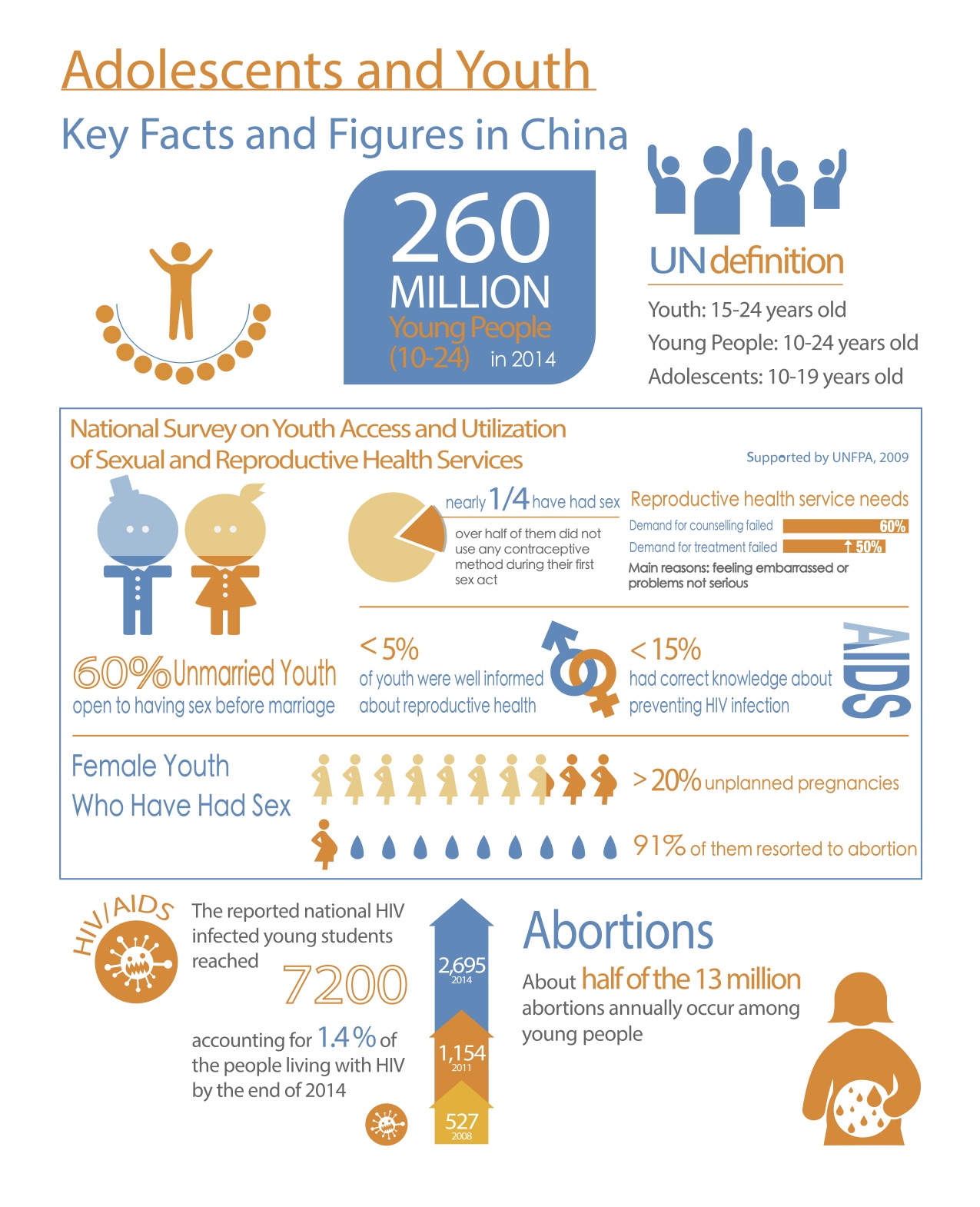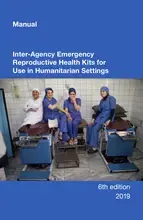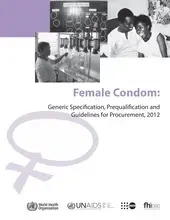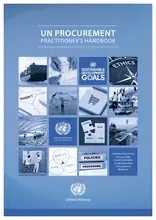Young people are at the center of development. Healthy, educated, productive and fully engaged young people can help break the cycle of intergenerational poverty and are more resilient in the face of individual and societal challenges. A sustainable future cannot be achieved without investments in young people, including access to comprehensive sexuality education and quality sexual and reproductive health services.
The work in this area contributes to all SDGs, and particularly 3, 4, 5 and 8.
Goal 3: Ensure healthy lives and promote well-being for all at all ages
Goal 4: Ensure inclusive and equitable quality education and promote lifelong learning opportunities for all
Goal 5: Achieve gender equality and empower all women and girls
Goal 8: Promote sustained, inclusive and sustainable economic growth, full and productive employment and decent work for all
Objective:
- Increased commitments by duty bearers to address young people’s rights and needs in nationaland sub-national policies and programmes, in particular on life skills-based education and sexualand reproductive health services for unmarried and marginalized youth
Strategies:
- Designing and implementing in-school life-skills based comprehensive sexuality education
(LSBE) pilots to inform a national programme on the same
- Promoting supportive policy environment to design and implement comprehensive programmes to address youth sexual and reproductive health and rights issues, with full youth participation
- Engaging youth in national and provincial participatory platforms to advocate for evidence-based and rights-based youth policies and programmes and increased investment in young people
- Life-skills based comprehensive sexuality education
In CP8, UNFPA will work with partners to advocate for life-skills based comprehensive sexuality education (LSBE), prioritizing the partnership with the Ministry of Education (MOE) in a policy-oriented pilot to advocate for institutionalizing LSBE in the school curriculum. UNFPA will also support the development of a model that links school-based LSBE with community-based interventions and youth-friendly services. This pilot will put special focus on vulnerable and left-behind children and adolescents.
UNFPA will support:
- evidence-based advocacy on LSBE through dialogue, research and development of policy proposals on LSBE;
- advocacy to improve China’s health education by introducing CSE policies and good practices from other countries;
- policy-oriented pilots of LSBE, through developing age-specific curricula, training of teachers, monitoring and evaluation, in selected province(s) to inform relevant national and sub-national policies.
Promote supportive policy environment to design and implement comprehensive programmes to address youth sexual and reproductive health and rights issues, with full youth participation UNFPA China will work together with government agencies, in particular the National Health and Family Planning Commission (NHFPC), and young people to advocate for evidence-based national policy and programme development to address sexual and reproductive health and rights issues of young people in China, with a focus on unintended pregnancies among young people.
What is comprehensive sexuality education (CSE)?
UNFPA defines CSE as a right-based and gender-focused approach to sexuality education, whether in school or out of school. CSE is curriculum-based education that aims to equip children and youth people with the knowledge, skills, attitudes and values that will enable them to develop a positive view of their sexuality, in the context of their emotional and social development. CSE embraces a holistic vision of sexuality and sexual behavior, which goes beyond a focus on prevention of pregnancy and sexually transmitted infections (STIs).
The essentials components of CSE includes:
- A basis in the core universal values of human rights
- An integrated focus on gender
- Thorough and scientifically accurate information
- A safe and healthy learning environment
- Linking to sexual and reproductive health services and other initiatives that address gender, equality, empowerment, and access to education, social and economic assets for young people
- Participatory teaching methods for personalization of information and strengthened skills in communication, decision-making and critical thinking
- Strengthening youth advocacy and civic engagement
- Cultural relevance in tackling human rights violations and gender inequality
- Reaching across formal and informal sectors and across age groupings
In various settings, sexuality education may go by other names, such as “life skills”, “HIV education’, “health education” etc. UNFPA and its partners will focus on life-skills based comprehensive sexuality education (LSBE) to include life skills for Chinese adolescents and youth to respond to specific challenges in the context of China.
Key strategies:
- Support policy research on young people’s sexual and reproductive health to generate the evidence required for advocacy
- Support creative and innovative approaches to raise public awareness on the issue, including through traditional and social media, ambassadors, and with the active participation of young people themselves
- Facilitate policy dialogue for joint actions to prevent unintended pregnancies, including by contributing to a strengthened multi-sectoral coordination mechanism at national and sub-national levels
- Provide technical support to selected (sub)-national efforts and initiatives to prevent unintended pregnancies among young people, based on evidence and successful experiences of other countries
Engage youth in national and provincial participatory platforms to advocate for evidence-based and rights-based youth policies and programmes and increased investment in young people
Youth participation is central for youth development. Yet, worldwide, millions of youth are unable to participate fully in society. But when empowered and given the right opportunities, youth are effective drivers of change. UNFPA partners with young people, helping them participate in decisions affecting them, and strengthening their ability to advance their human rights in areas such as health, education and employment.
In China, UNFPA will continue to support national partners to strengthen youth participation in policy discussion and programmes related to youth issues, particularly sexual and reproductive health and rights of young people. UNFPA will facilitate various youth participation platforms to empower young people to take part in actions in young people’s sexual and reproductive health and youth development.






